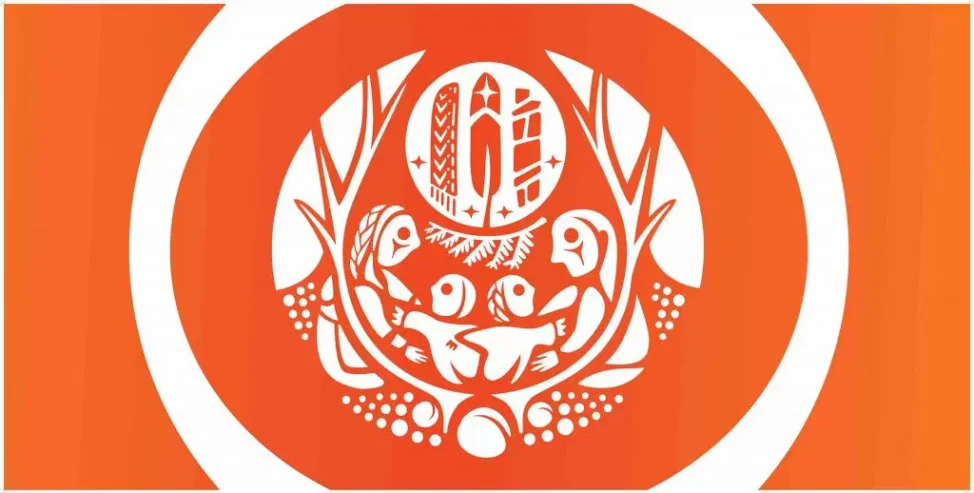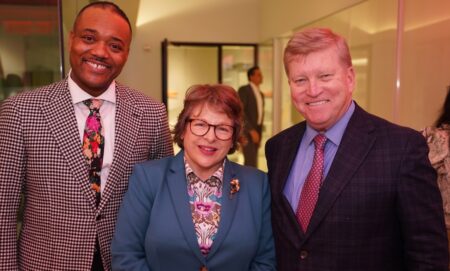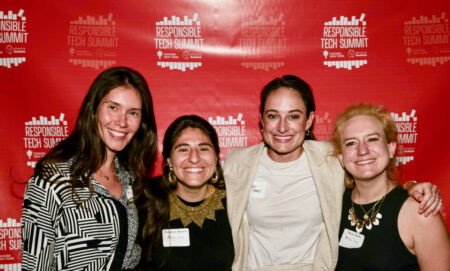NOTE: The residential school system is a topic that can cause trauma invoked by memories of past abuse. Messages around the National Day for Truth and Reconciliation can be an unwelcome reminder to those who have suffered hardships through generations of government policies that were harmful to Indigenous Peoples. A 24-hour support line at 1-866-925-4419 provides crisis referral services to Survivors and their families and explains how to obtain other health supports from the Government of Canada. First Nations, Inuit and Métis seeking immediate emotional support can contact the Hope for Wellness Help Line toll-free at 1-855-242-3310, or by online chat at hopeforwellness.ca.
The National Day for Truth and Reconciliation takes place each year on September 30 and honors Survivors and the children who never returned home, their families, and communities. Formal public commemoration of the tragic, painful and ongoing impact of residential schools remains a vital component of the reconciliation process.
Residential schools were part of colonial assimilationist policies that removed Indigenous children from their communities and families. The National Day for Truth and Reconciliation is in direct response to the Truth and Reconciliation Commission’s Call to Action 80, which asked the Government of Canada to establish a National Day for Truth and Reconciliation to honor the Survivors of residential schools.

The Survivors’ Flag is an expression of remembrance meant to honor residential school Survivors and all the lives and communities impacted by the residential school system in Canada. Each element depicted on the flag was carefully selected by Survivors from across Canada, who were consulted in the flag’s creation.
The path toward reconciliation is about building an understanding and repairing relationships in moving toward healing. To do so, we each have a responsibility to learn about the past and how we got here, to share this knowledge with others and to join Indigenous Peoples as caring partners to offer support in moving forward together.
The Consulate recognizes the lasting impact of the residential school system, and is committed to furthering reconciliation. Across the Consulate, colleagues are working to support and build partnerships with Indigenous artists, entrepreneurs, and communities in Canada and the U.S.
Over the past year, the Consulate’s Culture Team has supported major U.S. cultural institutions to feature work by prominent Indigenous artists from Canada. These initiatives include the Native American Cinema Showcase and the first major retrospective of Mohawk multimedia artists Shelley Niro’s work at the Smithsonian National Museum of the American Indian, film series “let’s all be lichen” curated by Inuk artist Asinnajaq at The Flaherty, a performance by Canadian jingle dancers at the Metropolitan Museum of Art, and a performance by Mohawk music producer DJ Shub on the margins of the Association of Performing Arts Professionals conference.
Recognizing that many Indigenous communities span across the border, the Foreign Policy and Diplomacy Services team supported the Strawberry Moon Festival at ArtPark in Lewiston, New York in June. Curated by Métis art producer Michelle-Elise Burnett, this community gathering celebrated the Indigenous cultures of the Niagara region through music performances, storytelling, dance, and arts and crafts.

As part of ongoing efforts to diversify the Trade Commissioner Service’s clients, the International Business Development team launched the Indigenous Fashion Canadian Creative Accelerator (CCA) in March. Via a series of 14 virtual sessions with fashion executives, this program provided market intelligence and access to local contacts to support six Indigenous fashion companies in their ambitions to expand their U.S. business.

These initiatives are part of the Consulate’s efforts to repair relationships with Indigenous peoples on the path toward healing, recognizing that this work is far from over. We invite you to learn more about Canada’s journey to reconciliation:
- The reconciliation journey (Crown-Indigenous Relations and Northern Affairs Canada)
- Video playlist: Orange Shirt Day (National Film Board of Canada)
- Video playlist: Residential Schools (National Film Board of Canada)
- Learn about the colors and imagery used in the National Day for Truth and Reconciliation artwork.





